Yesterday, The Australian reported dissent within the Australian Energy Council (AEC), the industry association that represents electricity generators. Of its 24 members two, Delta and Infigen, have strongly opposed a formal AEC position that advocates the industry operating with zero CO2 emissions by 2050. This would entail the elimination of coal and gas, which presently comprise 80 per cent of electricity supply.
That position is one adopted by other industry associations like the Business Council of Australia (BCA) and the Australian Industry Group which, like the Minerals Council and the National Farmers Federation, long ago abandoned reform agendas and shifted their lobbying focus to virtue signalling and special deals for their members. The BCA even welcomed Anthony Albanese’s offer to have the government join it in accepting the ALP’s policy as “bipartisan”.
By plumping for fuel neutrality, the AEC secretariat has also faced reduced access to green dominated state government bodies, which provide energy subsidies costing almost $1 billion a year.
All major industry associations now promote abandoning electricity generation from coal as the key to reducing greenhouse gases. This is notwithstanding electricity comprises only 25 per cent of emissions and that alternative technologies – other than the similarly demonised nuclear – are at least three times the cost of fossil fuels.
The fact that the AEC as an industry association even exists is astonishing given the disparate interests of the firms.
Some of its members are basically renewable energy businesses –– both hydro and wind/solar — which have vested interests in measures that require more of the subsidies that have destroyed the competitiveness of the Australian industry. Others are owned by ALP State governments which have drunk the anti-CO2 Koolaid. Still, others are fundamentally retailers most of which have marketing themes based on renewable energy. The big three (AGL, Energy Australia and Origin) are integrated retailers and generators; their retail arms are keen to avoid any PR backlash from association with coal and their generation arms, having learned how to turn a profit from renewables, are somewhat indifferent between generator technologies.
That said, establishing a goal for 2050 is absurd. Any industry member punting on a position 30 years hence would be wise to reflect on how their predecessors in 1990 might have envisaged the industry in 2020. In 1990, the industry comprised state government-owned integrated generator, transmission, distribution and retail entities. There were no subsidised wind/solar renewables. Competition was non-existent but the industry was poised to become market-oriented and largely privatised and would, within 10 years, become the world’s lowest-cost electricity supplier. At that stage, it appeared that energy-intensive industry like aluminium smelting would continue to gravitate towards Australia.
In the space of 30 years, the electricity supply has moved from entrepreneurially shrugging off government control and achieving global leadership in costs, back to being once again focussed on government policies and favours. This has meant sacrificing the magnificent coal deposits that allow low-cost electricity for households and industry alike and substituting them for high-cost, low-reliability wind/solar. Manufacturing and processing costs have been undermined – aluminium smelters rather than becoming globally dominant are now hospitalised.
Many of those in leadership positions in businesses, government and industry associations, have taken an environmental unit in one of the higher education institutions long under green left control. As a result, they genuinely believe that in erasing coal from the electricity supply means not only saving the world but tapping an energy source that is or soon will be cheaper than fossil fuels.
The past thirty years has proved this to be wrong but, sadly, in green matters confirmation bias usurps logic and experience.
Alan Moran is with Regulation Economics. Among his many publications are chapters on the Australian energy industry in four books covering energy markets across the world.
Got something to add? Join the discussion and comment below.
Got something to add? Join the discussion and comment below.
Get 10 issues for just $10
Subscribe to The Spectator Australia today for the next 10 magazine issues, plus full online access, for just $10.

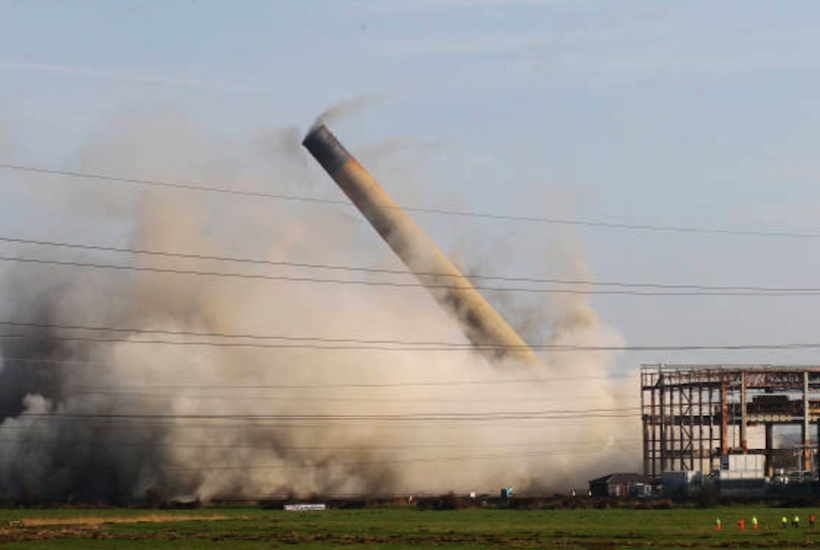
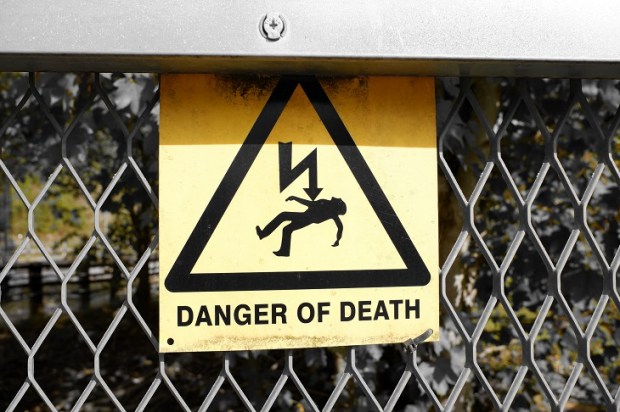

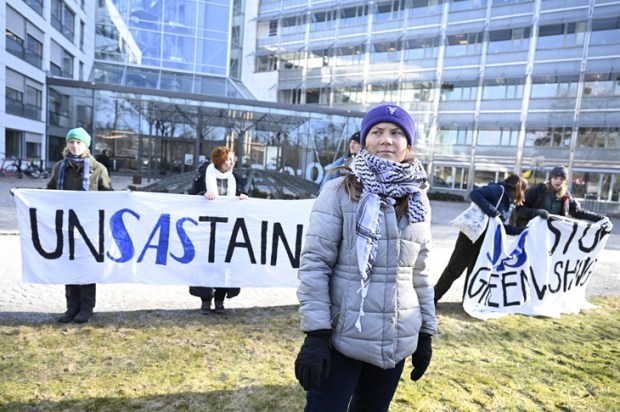
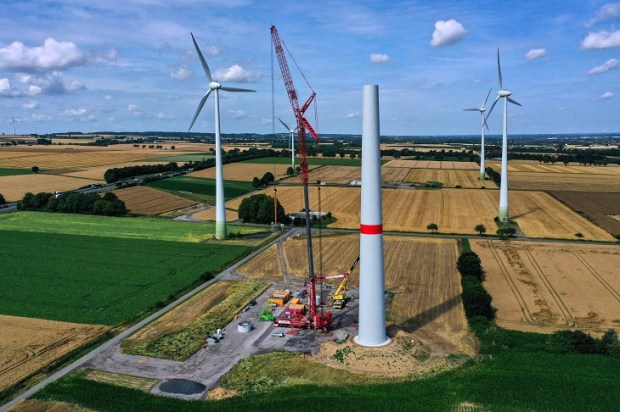
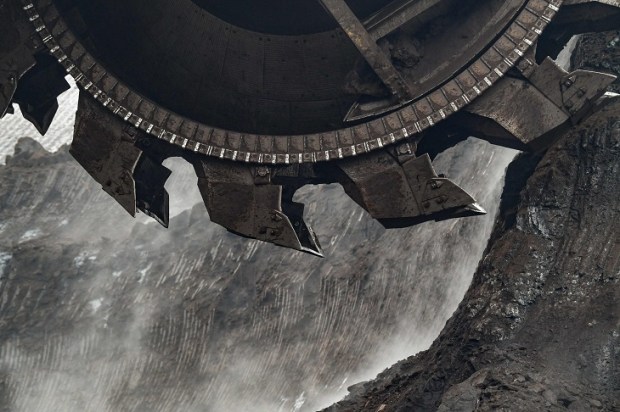
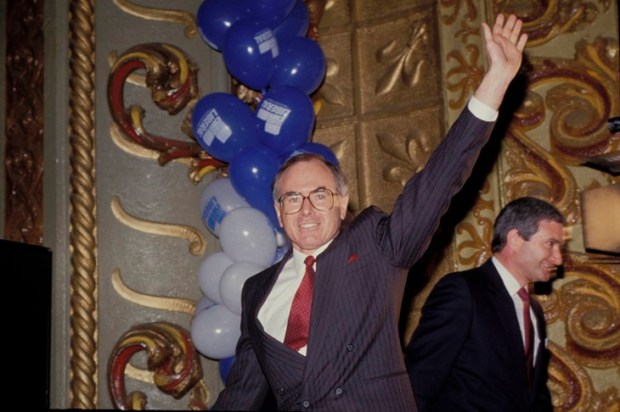


















Comments
Don't miss out
Join the conversation with other Spectator Australia readers. Subscribe to leave a comment.
SUBSCRIBEAlready a subscriber? Log in